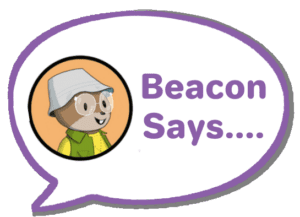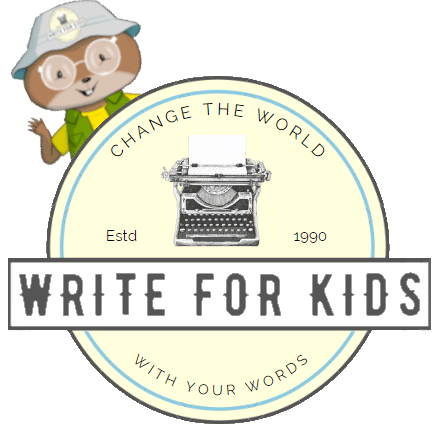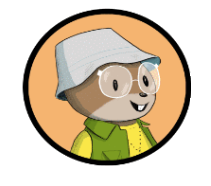Meet Humbug, the Discourager

Greetings, I am Humbug.
And I say that you can’t do it. Stop now. All is futile.
You don’t have the right education.
You’re too busy.
You’re too old.
You’re too young.
You never finish what you start.
A successful writing career is only for the select few.
I’m telling you this for your own good! Stop now and go back to watching TV.

That's Hogwash, Humbug!
That's Hogwash, Humbug!
We hear from a lot of people who long to call themselves writers, but have generated all sorts of reasons never to try. So here’s a list of the top five dreamdashers, and why none of them hold any water:
I have no time to write. Every beginning writer is time-challenged, because until you’re getting paid for your writing, you’re probably spending a chunk of each day doing something else. Most successful authors we know had precious little time to write when they started out. So, they got up early or stayed late. They wrote during lunch hours. They rearranged their priorities. They did what they had to find the time to write – even if it was only a few minutes here or there. Make writing a must-do activity and the time will appear.
I’m too old. Editors won’t know how old you are if you don’t tell them. Your readers won’t know if you don’t put your picture on the book cover. If you write well, your voice will be ageless. We know a woman who promised herself on her 65th birthday that she’d pursue a lifelong dream of writing a children’s book. She followed the advice to “write what you know,” and at age 69 received her first contract for a middle grade novel based on events from her childhood. (PS: William Steig, beloved author of Shrek, Sylvester and the Magic Pebble and many other classics, wrote his first book at the age of 61!)
I don’t have a college degree. Guess what? Neither do your readers. Sure, it’s necessary to know the basic rules of grammar and how to express yourself on paper, but hopefully you mastered that by junior high. The best education you can give yourself as a potential children’s book writer is to read children’s books – many children’s books, especially those similar to the kind of books you want to write. And don’t let your lack of knowledge about a nonfiction topic stop you from writing about it. If you’re a skilled writer who enjoys research, you can teach yourself enough about many subjects to write about them, or find experts to help you fill in gaps in your knowledge.
Everything’s been written about. You’re probably right, but next season the shelves will be stocked with brand new books. Why? Because though it feels like we’re approaching the saturation point on new ideas, the way those ideas are presented can constantly change. You have a unique way of looking at the world that no one else can duplicate. So play around with those worn out ideas until you hit on something fresh.
Publishers are afraid of controversial topics/ religion/books that teach a lesson…. The only thing publishers are afraid of is not selling books. Do cutting edge, issue-driven books get attention? Take a look at prestigious awards lists. Does religion sell? Go to any chain bookstore and see that even trade publishers are bringing out fiction and nonfiction with religious themes. Can a children’s book contain a moral these days? If you do it in an entertaining way without preaching, parents will snap up your work.
If you’re tempted to start a sentence with “Publishers are afraid…,” it probably means one of two things: you haven’t walked into a bookstore recently, or it’s easier to blame a pile of rejection letters on timid editors than to figure out why your manuscript isn’t selling. Though editors are under pressure to show a profit (publishing is a business, after all), they’re always looking for the next manuscript that will turn children’s books in a new direction.
No more excuses. No more doubt. No more listening to the Humbugs of the world. If you’re going to be that writer, in the end all you really need to do is plant yourself in the chair and get to work.

